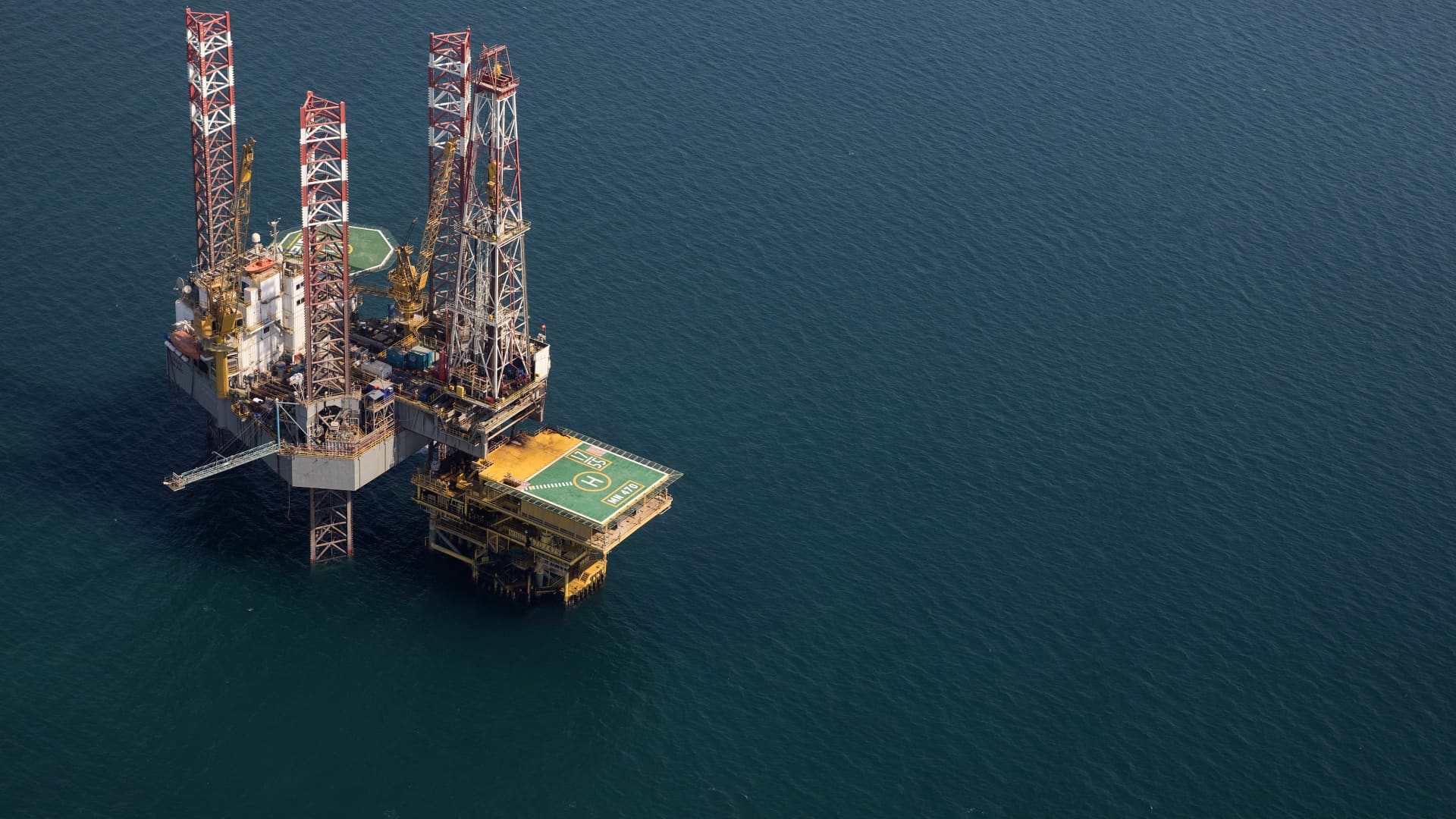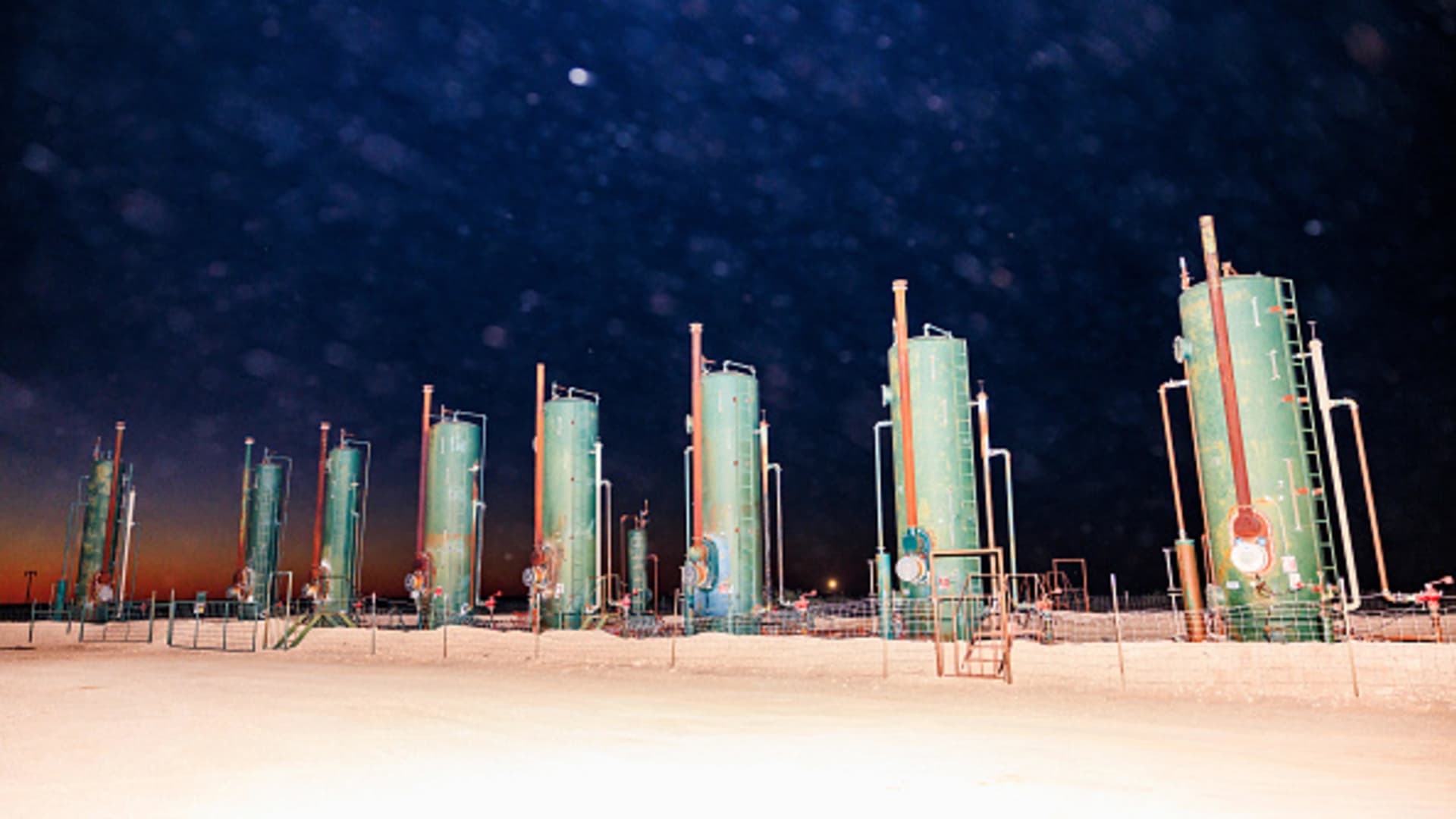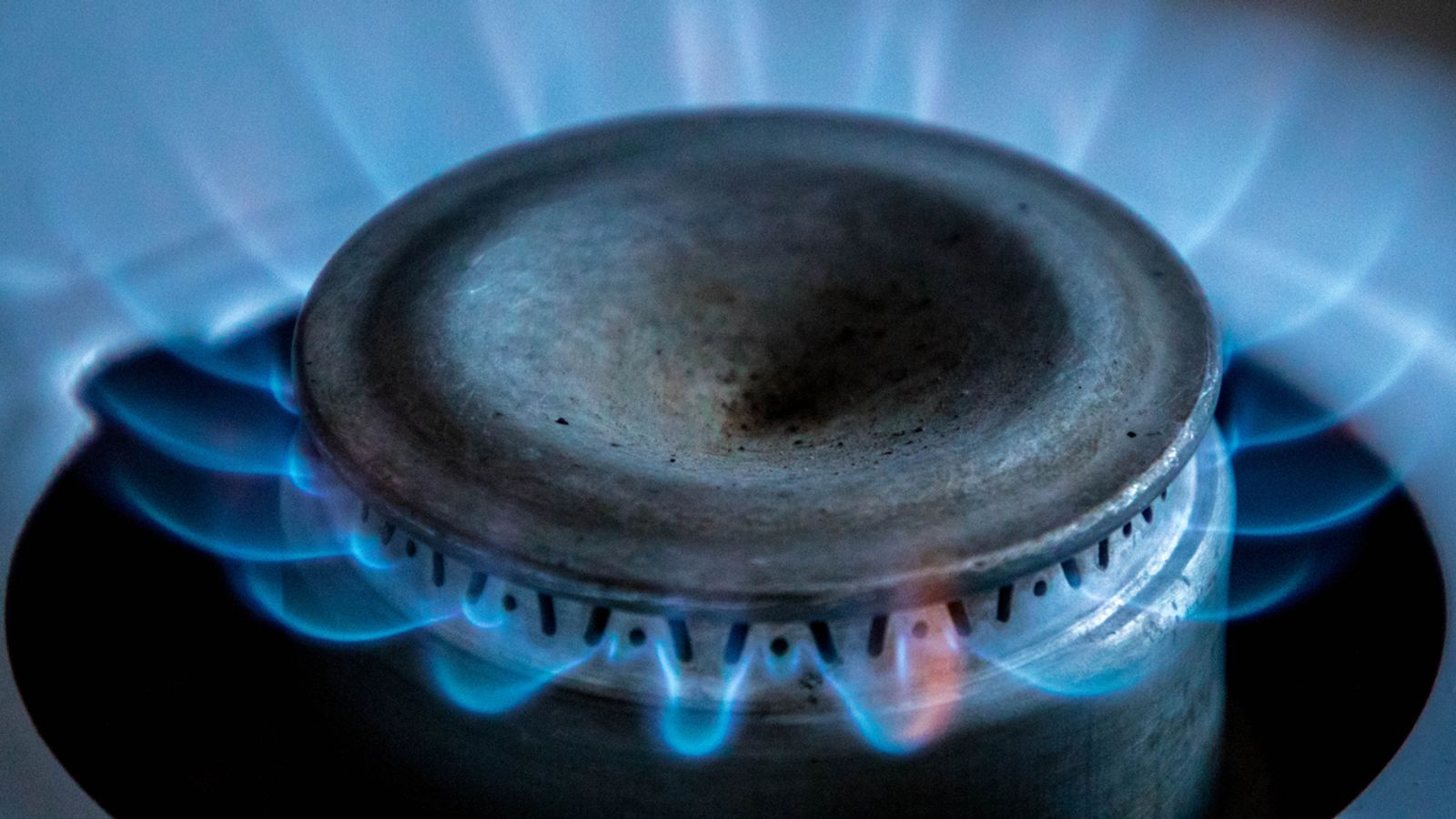We’re buying 15 shares of Pioneer Natural Resources (PXD) at roughly $215.25 each. Following Monday’s trade, the portfolio will own 205 shares of PXD – increasing its weighting to 1.57% from 1.45%. We are stepping Monday to take advantage of the recent decline in Pioneer Natural Resources. We do not believe the move reflects the underlying fundamentals of the business. As has been the case, our focus in this market is on companies that “make stuff and do things” for a profit and then return those profits to shareholders in the form of dividends and share repurchases. Of course in Pioneer’s case, the company’s ability to do this is tied to energy commodity prices. While we acknowledge the recent pullback in West Texas Intermediate crude from 13-year highs back in March at roughly $130 per barrel to just over $100 currently, we believe the share return story remains very much intact. If we look to the investors’ presentation published in June, we can see that management did provide some scenario analysis for investors that provides estimated full-year dividend payouts based on oil prices through the end of 2022. At $100 on WTI, investors can expect to receive roughly $27 per share; at $80, the payout would be about $23 per share; and at a $60, the payout would be around $17 per share. Of course, these are full-year numbers and the company has already paid out a total of $11.16 this year —$3.78 in the first quarter and $7.38 in Q2. So, if we back that out and double the remaining two payouts to get an annualized payout rate, management is implying an annualized dividend yields based on a $212 stock price of roughly 14.94% at $100 WTI, 11.17% at $80 WTI, and 5.5% at $60 WTI. Compare this to the current 10-year Treasury yield of about 3%, (which given the current rate of inflation essentially locks in a loss in a real terms. The point being that from a shareholder return perspective, we believe the stock to be attractive right here right now not only because of the base-plus-variable dividend yield provided at current WTI prices but also because of the robust yield still realizable even were WTI to drop another 20% from here. That large cushion along with the current 6.5x price-to-earnings valuation on 2022 estimates is why we can’t pass up this opportunity to add to our position and further reduce our cost basis. The stock, in our view, is simply not reflecting the underlying fundamentals. Lastly, we want to call out that from a broader portfolio management perspective, should oil prices actually crater to the levels noted above (again, not our base case) it may hurt PXD and our other oil names. However, such a dynamic would greatly benefit the rest of our portfolio, which has taken a beating on the multi-decade highs in inflation that we are currently experiencing. Reason being, a decline in oil would serve to free up discretionary dollars at the consumer level while lowering costs at the corporate level. If oil remains at current levels, we find shares highly attractive, and should WTI pullback further, then the portfolio overall still stands to benefit. In the end, it’s the total value of your portfolio that matters. That is why we like to keep a diversified portfolio with negatively correlated positions , because when one position takes a hit on macroeconomic dynamics, the cause behind that hit can benefit the others. (Jim Cramer’s Charitable Trust is long PXD. See here for a full list of the stocks.) As a subscriber to the CNBC Investing Club with Jim Cramer, you will receive a trade alert before Jim makes a trade. Jim waits 45 minutes after sending a trade alert before buying or selling a stock in his charitable trust’s portfolio. If Jim has talked about a stock on CNBC TV, he waits 72 hours after issuing the trade alert before executing the trade. THE ABOVE INVESTING CLUB INFORMATION IS SUBJECT TO OUR TERMS AND CONDITIONS AND PRIVACY POLICY , TOGETHER WITH OUR DISCLAIMER . NO FIDUCIARY OBLIGATION OR DUTY EXISTS, OR IS CREATED, BY VIRTUE OF YOUR RECEIPT OF ANY INFORMATION PROVIDED IN CONNECTION WITH THE INVESTING CLUB. NO SPECIFIC OUTCOME OR PROFIT IS GUARANTEED.
Natural gas is flared at a Pioneer Natural Resources well in Texas.
Eddie Seal | Bloomberg | Getty Images
You may also like




